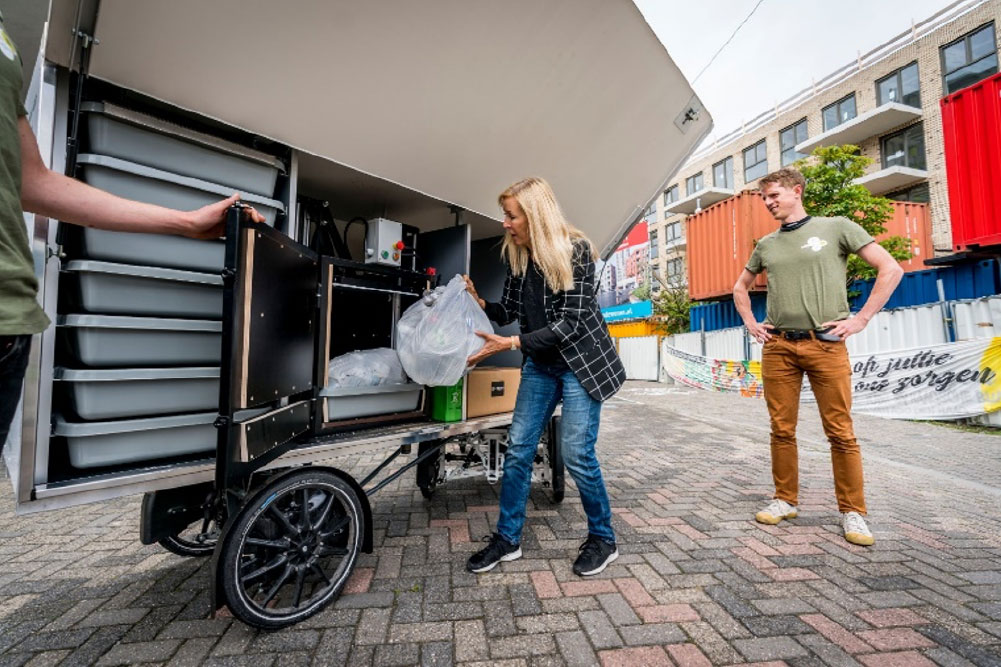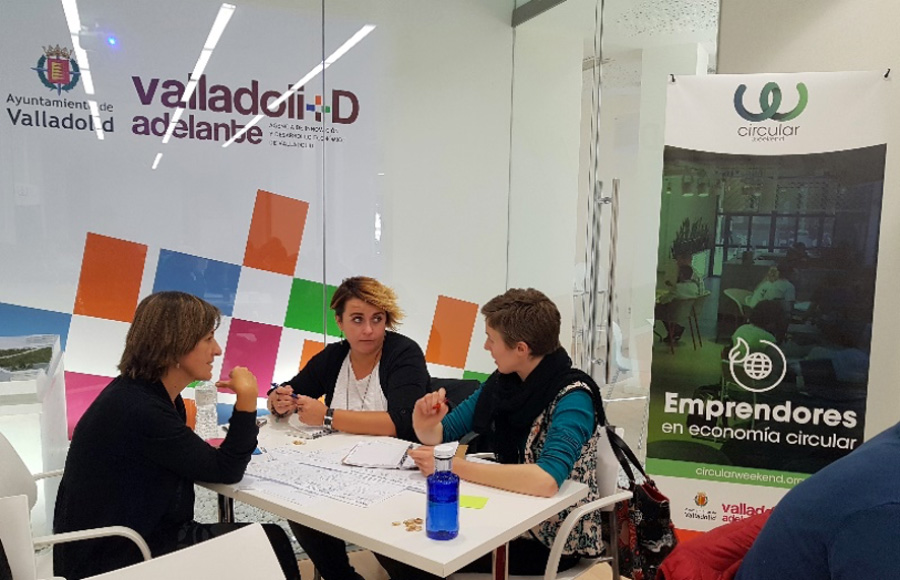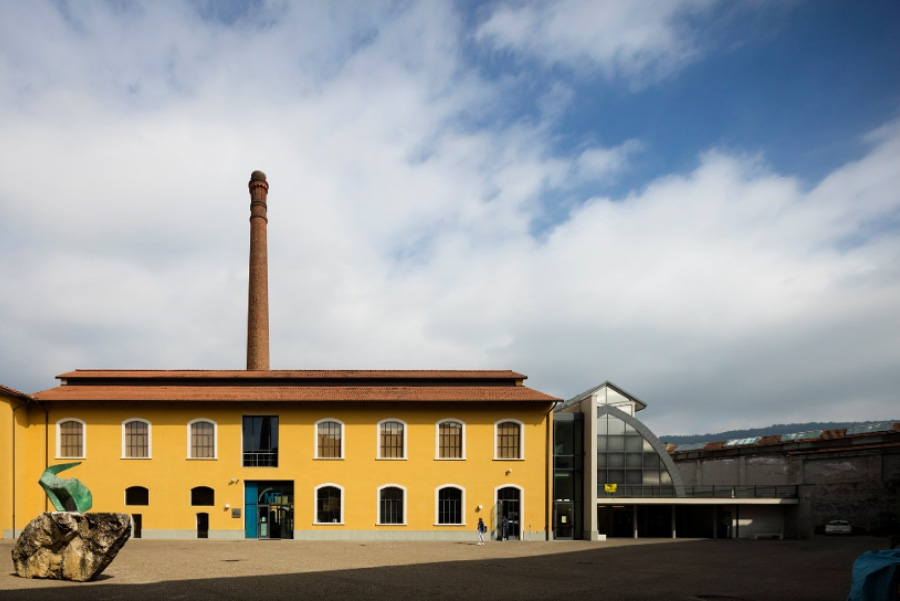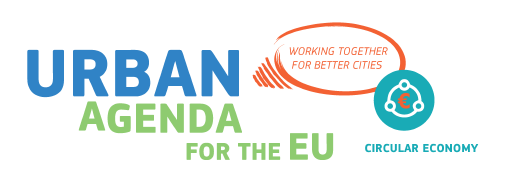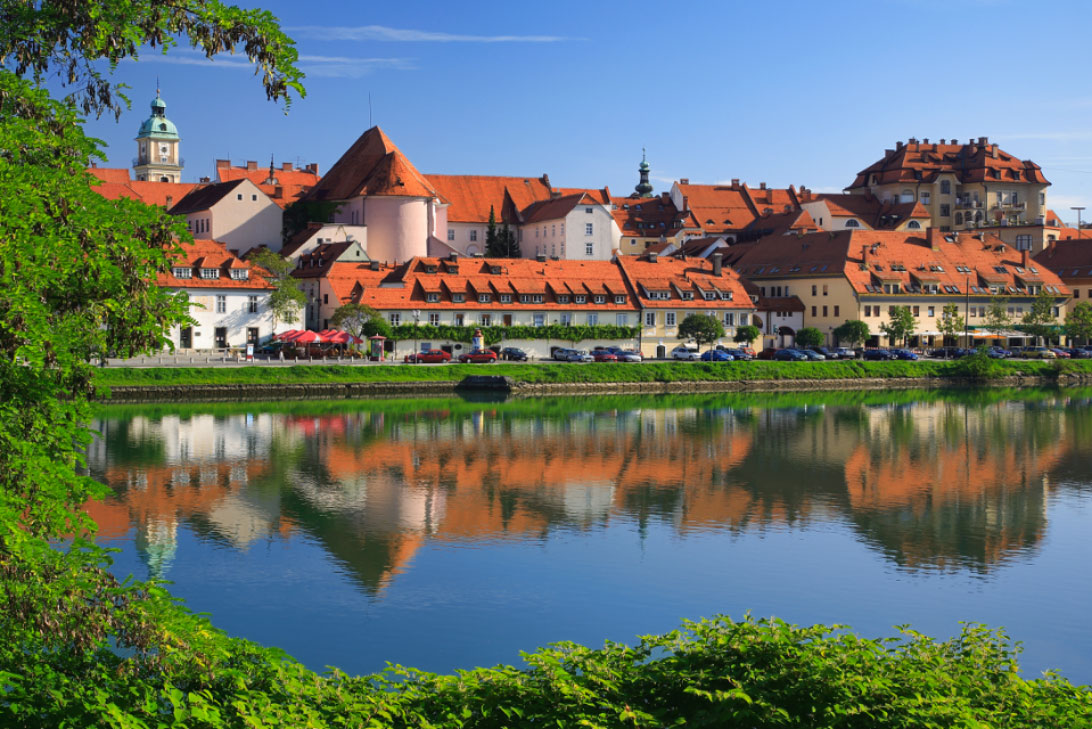
The City of Maribor recognized at an early stage the potential of the circular economy as an approach to regional development. However, the Slovenian city acknowledged that it did not have enough implementation capacity to fulfil its full circular potential and therefore established the WCYCLE Institute. The institute is established as a platform for the local utility companies to re-think their business models. The institute has become a good platform to discuss and initiate new circular economy projects for different stakeholders in the city and the region.
The focus of the institute is long-term, in line with the city’s well-developed strategy for the transition to a circular economy. Implementation of projects, however, is already well on its way.
WCYCLE
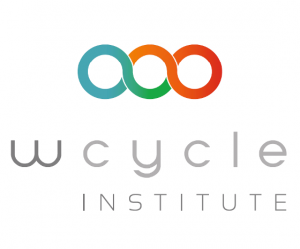
The WCYCLE Institute brings together the following five local utility companies:
- Snaga: public waste management company
- Energetika Maribor: public energy company
- Nigrad: public company for infrastructural works
- Mariborski vodovod: public water company
- Marprom: public company for urban transportation
Together, the five companies are responsible for the management of a majority of local material streams. The institute has identified twenty projects to improve the circularity of these streams and the related business case. To foster collaboration between partner organisations, it was agreed that initiated projects have participation from and should benefit at least two of the five utility companies.
Implementation of projects
The preparatory phase of the institute, around 2016, coincided with the development and start of a project for the Interreg Alpine Space Programme called Greencycle ![]() . This project was initiated to define a strategy for the circular transition in Maribor, with the central idea that circular economy provides a holistic approach for the implementation of low-carbon strategies. In 2018, the Strategy for the Transition to Circular Economy
. This project was initiated to define a strategy for the circular transition in Maribor, with the central idea that circular economy provides a holistic approach for the implementation of low-carbon strategies. In 2018, the Strategy for the Transition to Circular Economy ![]() was finalised and it now provides a strong basis for the implementation of new projects.
was finalised and it now provides a strong basis for the implementation of new projects.
The Institute identified, in this respect, the following initiatives to improve the circularity of local resource streams:
- Automated waste sorting plant: the construction of the plant started in 2017. The plant has a capacity to process almost 40.000 tonnes per year of mixed municipal waste. The ambition of the plant is to eventually extract 77% of the waste inputs as materials for recycling and 9% for energy recovery, leaving only a small share for landfill disposal.
- Urban Soil 4 Food
 : in this project, organic waste is composted and mixed with soil from construction works in the city to create a soil that can be used for food production, in parks, and for construction. The project is implemented with support from Urban Innovative Actions
: in this project, organic waste is composted and mixed with soil from construction works in the city to create a soil that can be used for food production, in parks, and for construction. The project is implemented with support from Urban Innovative Actions  .
. - Cinderela project
 : in 2018, Maribor started collaborating with twelve partners from seven countries in this project that aims to create circular economy business models to achieve more sustainable urban infrastructure. The project is funded through Horizon 2020.
: in 2018, Maribor started collaborating with twelve partners from seven countries in this project that aims to create circular economy business models to achieve more sustainable urban infrastructure. The project is funded through Horizon 2020. - Winpol Interreg Europe
 : in this project, the city collaborates with eight other European cities with a common focus to implement new waste innovation technologies. In the project, the City of Maribor optimised its waste collection transport routes and introduced a Re-use market. This project is funded through Interreg.
: in this project, the city collaborates with eight other European cities with a common focus to implement new waste innovation technologies. In the project, the City of Maribor optimised its waste collection transport routes and introduced a Re-use market. This project is funded through Interreg.
Lessons learnt
Based on the achievements of WCYCLE and the City of Maribor, several lessons can be learnt:
- Establishing a platform involving local actors can be an effective way to foster collaboration in your city or region. The WCYCLE Institute’s experience shows that this collaborative approach can help implement projects aiming at closing material loops.
- When looking for ways to make a city more circular, it can be helpful to use the circular perspective to assess current costs with a view to identify inefficiencies and cost-saving solutions. In Maribor, the absence of a bio-waste treatment facility required waste to be transferred to an external facility for treatment, with associated high transport and treatment costs. By building a composting facility in the city, the bio-waste could be turned into compost locally at a lower cost, with a revenue stream from the sale of compost. You can read more about circular strategies related to waste here.
- Grants were used to fund the pilot activities of the City of Maribor and the WCYCLE Institute. Co-funding requirements and the short-term character of these funding mechanisms can often limit their applicability for scale-ups and larger projects.
